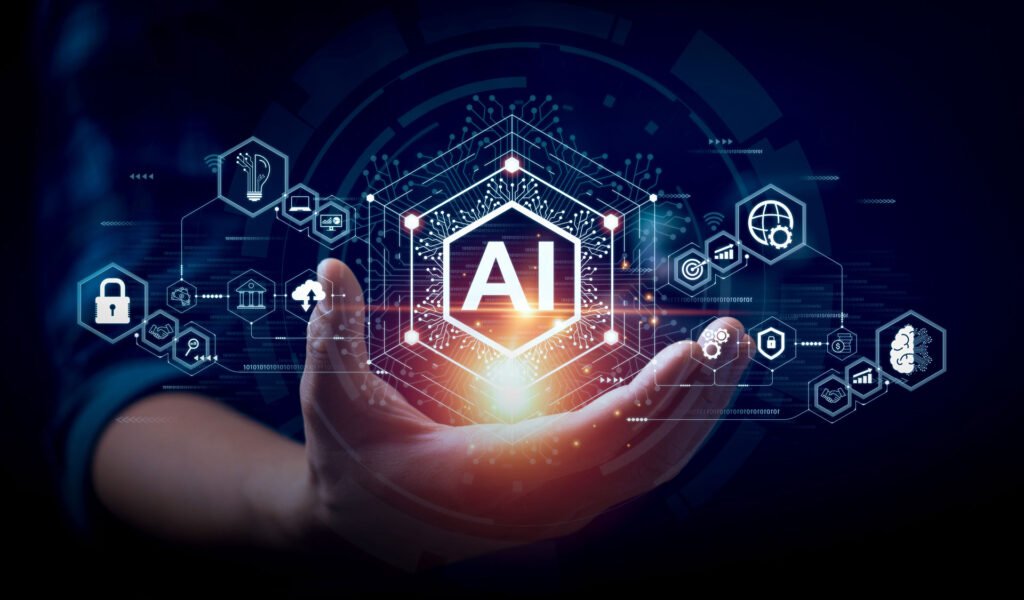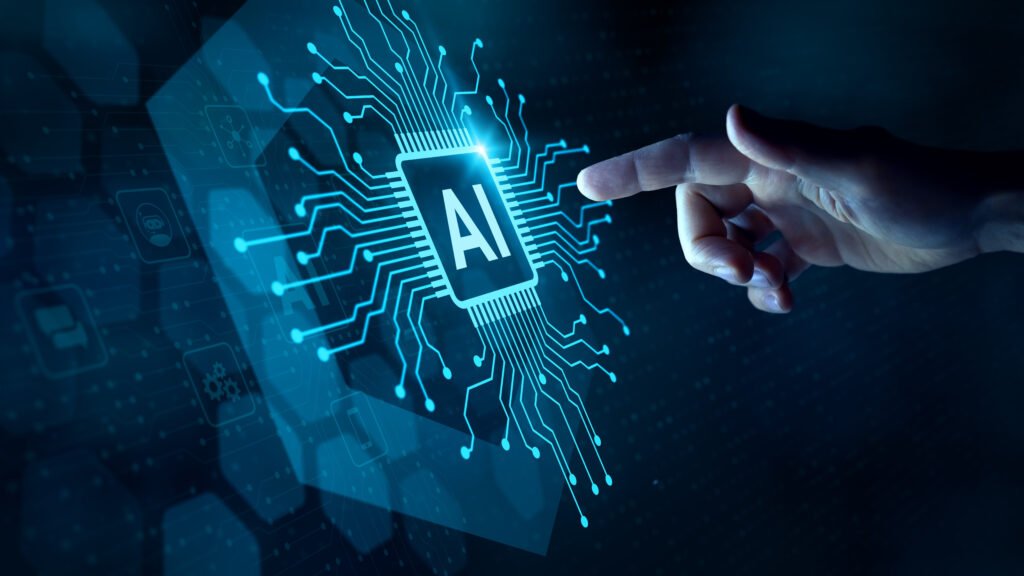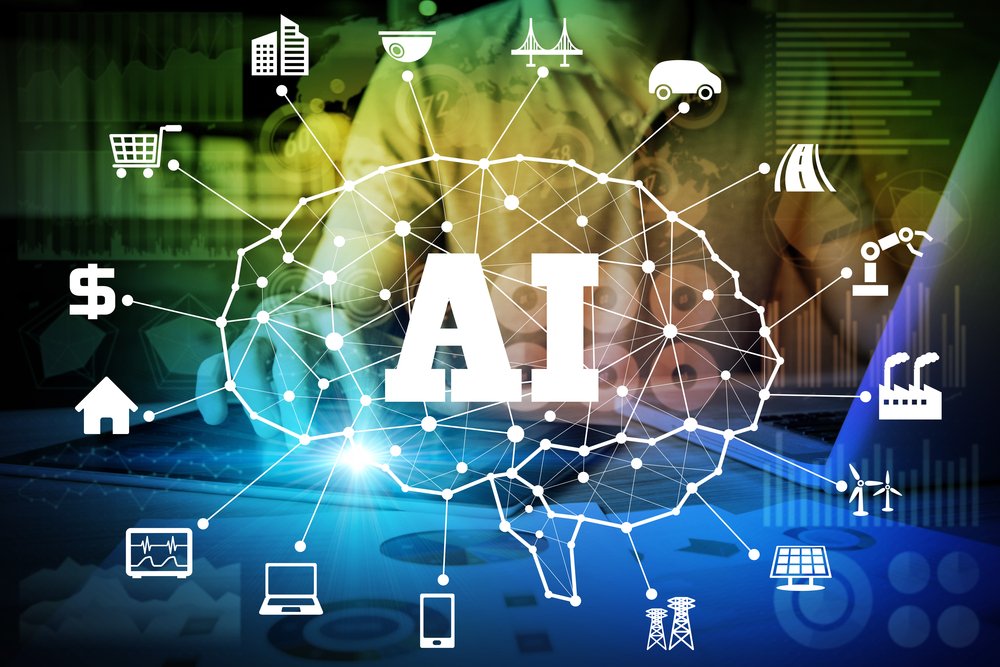Meta Description:
Discover how Artificial Intelligence (AI) is revolutionizing industries in 2025. Explore AI trends, uses in daily life, business benefits, and future possibilities.

Introduction
Artificial Intelligence (AI) is no longer a concept of the future — it’s a powerful force reshaping our present. From virtual assistants like Siri and Alexa to advanced tools in healthcare, finance, education, and entertainment, AI is becoming deeply integrated into our daily lives. In 2025, AI is not just a tech trend, it’s a global revolution driving innovation, efficiency, and growth across every sector.
What is Artificial Intelligence?
AI refers to the simulation of human intelligence in machines programmed to think and learn. These systems can analyze data, recognize patterns, solve problems, and even make decisions. AI technologies include machine learning, deep learning, natural language processing (NLP), computer vision, and robotics.
🤖 Types of Artificial Intelligence
- Narrow AI (Weak AI):
AI systems trained for a specific task (e.g., chatbots, recommendation engines). - General AI (Strong AI):
A theoretical AI that mimics human intelligence in all areas. Still in development. - Superintelligent AI:
An AI that surpasses human intelligence. This is the subject of speculation and future possibilities.

Top Applications of AI in 2025
- Healthcare
AI helps diagnose diseases, predict patient outcomes, and personalize treatments. Tools like AI-powered imaging and virtual health assistants are saving lives and improving care. - Finance
Banks and fintech companies use AI for fraud detection, algorithmic trading, and customer support chatbots. AI enhances security and delivers faster service. - Education
AI enables personalized learning experiences, smart tutoring systems, and automated grading. It’s transforming how students learn and how teachers teach. - Retail and E-commerce
AI recommends products, manages inventory, and improves customer experiences through chatbots and predictive analytics. - Transportation
From self-driving cars to smart traffic systems, AI is making transportation safer, faster, and more efficient.
Benefits of AI
- Increased Efficiency: Automates repetitive tasks and reduces human error.
- Cost Savings: AI systems can lower operational costs over time.
- Smart Decision-Making: Processes massive amounts of data to deliver actionable insights.
- Enhanced User Experience: Personalized interactions and fast responses improve satisfaction.
Future of AI
The future of AI is full of promise. As AI technology continues to evolve, we can expect smarter cities, autonomous vehicles, and even more seamless integration into our homes and workplaces. Ethical use and data privacy will remain key focus areas as AI grows more advanced.
Benefits of AI
- Increased Efficiency: Automates repetitive tasks and reduces human error.
- Cost Savings: AI systems can lower operational costs over time.
- Smart Decision-Making: Processes massive amounts of data to deliver actionable insights.
- Enhanced User Experience: Personalized interactions and fast responses improve satisfaction.
Future of AI

Conclusion
AI is not just shaping the future — it’s actively transforming our present. Businesses, governments, and individuals are embracing AI to improve outcomes, streamline operations, and create new possibilities. Staying informed about AI trends in 2025 is essential for anyone looking to thrive in this fast-changing digital world.

